WHY IS IT PROPOSAL FOR THE DEPARTMENT OF EDUCATION AND TRAINING TO HAVE FULL RIGHT TO RECRUIT TEACHERS?
Regarding the division of authority in the field ofeducation , the Ministry of Education and Training proposed to assign the provincial Department of Education and Training full authority to manage the team of teachers and educational managers, including: recruitment, use, appointment, training, evaluation, and transfer.
Receiving this information, many departments of education and training, especially those lacking teachers, consider this an important opportunity to overcome the local shortage of teachers. Talking to Thanh Nien reporter, Mr. Nguyen Quang Tri, Department of Education and Training of Ha Giang , said that the province is currently short of 3,000 teachers compared to the education sector's quota.
Therefore, according to Mr. Tri, when assigning the authority to recruit, mobilize, and rotate staff to the Department of Education and Training, the Department will have to consider reviewing and rearranging the teaching staff appropriately, providing career guidance, ordering training for teachers in the missing subjects, and proactively sharing and balancing the teaching staff throughout the province.
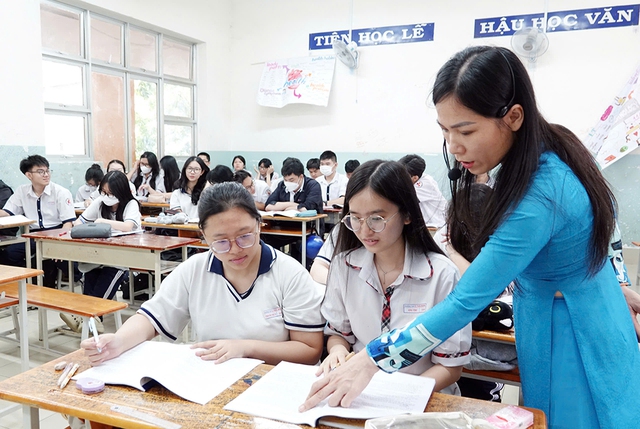
The Ministry of Education and Training proposed to give the provincial Department of Education and Training full authority to recruit teachers.
PHOTO: DAO NGOC THACH
According to Mr. Tri, if the education sector is given the responsibility of recruiting teachers, the sector will have to find many different ways, including consulting the province to have a mechanism to order the province's own teacher training.
Mr. Vu Minh Duc, Director of the Department of Teachers and Educational Managers (Ministry of Education and Training), said: "If this is approved, the education sector will ensure the development of a comprehensive strategy with a longer-term vision for the teaching staff, development trends, and requirements for the quality of the teaching staff. Accordingly, the education sector can proactively place training orders and recruit teachers that are closer to actual needs than at present."
S MERGE COMMUNES, ELIMINATE ENROLLMENT BY ADMINISTRATIVE BOUNDARIES
Mr. Pham Van Hoa, National Assembly delegate of Dong Thap province, said that the recruitment assigned to the education sector was very correct. Mr. Hoa also raised the issue of transferring teachers and said that there must be a suitable design to apply in the context of merging provinces and communes.
Abolishing the district level also means abolishing all the Departments of Education and Training. For a long time, kindergartens, primary schools, and secondary schools have been under the direct professional management of the Department of Education and Training. For example, currently, the organizational structure of the Department of Education and Training in Hanoi often fluctuates around a few dozen people, but there is a lot of intermediary work, and the most important tasks such as recruitment, mobilization, appointment of staff and finances for schools are not controlled by the Department of Education and Training.
The Ministry of Education and Training said it is drafting a proposal to transfer all authority to reorganize general education institutions (primary and secondary), preschools and community education models to the People's Committees at the commune level, including the right to establish, permit operations, suspend, dissolve, merge and convert types. Regarding the draft Decree on decentralization and delegation of authority in state management of education, the Ministry of Education and Training designed it in the direction of "decentralization with conditions, criteria and post-audit", ensuring transparency, standardization and consistency nationwide.
Agreeing with this proposal, teacher Nguyen Xuan Khang, Chairman of the Marie Curie Hanoi School Board, said that it is appropriate for the commune level to manage the school system from kindergarten, primary school, to junior high school after merging. However, the high school level should retain its current provincial management authority because in many places, the entire district only has 2-3 high schools.
Many opinions also raised the issue of whether schools should be rearranged when merging at the commune level or not? Working with the People's Committee of Quang Ninh province recently, Deputy Minister of Education and Training Pham Ngoc Thuong said that schools should not be merged because they are not suitable for educational goals. Meanwhile, Minister of Education and Training Nguyen Kim Son affirmed that when restructuring administrative units, it is necessary to take ensuring the normal operation of educational institutions as the top priority, and not mechanically merge educational institutions when changing administrative units. "After stabilizing the apparatus and thoroughly evaluating all aspects, then review the rearrangement if necessary," said Mr. Son.

High school level should retain the current provincial management authority.
Photo: Dao Ngoc Thach
Regarding state management in the field of education, Minister Nguyen Kim Son noted that there should be a division of responsibilities between the department and commune levels, but not rigidly. Citing some statistics, the head of the education sector said that on average each commune has 7,000 students, while it is expected that there will be 2 commune-level education management officials. "There will be training nationwide to clarify the functions, tasks, and powers of these officials," Mr. Son said.
Also related to the reorganization of administrative units, the Minister said that it is expected that in the 2026-2027 school year, the principle of enrollment at all levels will be implemented not according to administrative boundaries but will apply the enrollment principle to ensure that students go to the educational institution closest to their place of residence.
69 state management contents on education are being assigned to district level.
The Ministry of Education and Training said that up to now, it has identified 69 state management contents on education currently assigned to the People's Committees at the district level that need to be adjusted in a direction suitable to the two-level local government organization model.
Accordingly, the ministry proposed to decentralize 36 contents to the Department of Education and Training (accounting for 52%), and proposed to transfer 33 contents to the People's Committee at the commune level (accounting for 48%). The proposal was built on the basis of careful analysis of management capacity and practical requirements, ensuring the principle: strong decentralization but not laxity, not professional separation.
Source: https://thanhnien.vn/tuyen-dung-giao-vien-quan-ly-truong-ra-sao-khi-bo-cap-huyen-185250528223119738.htm


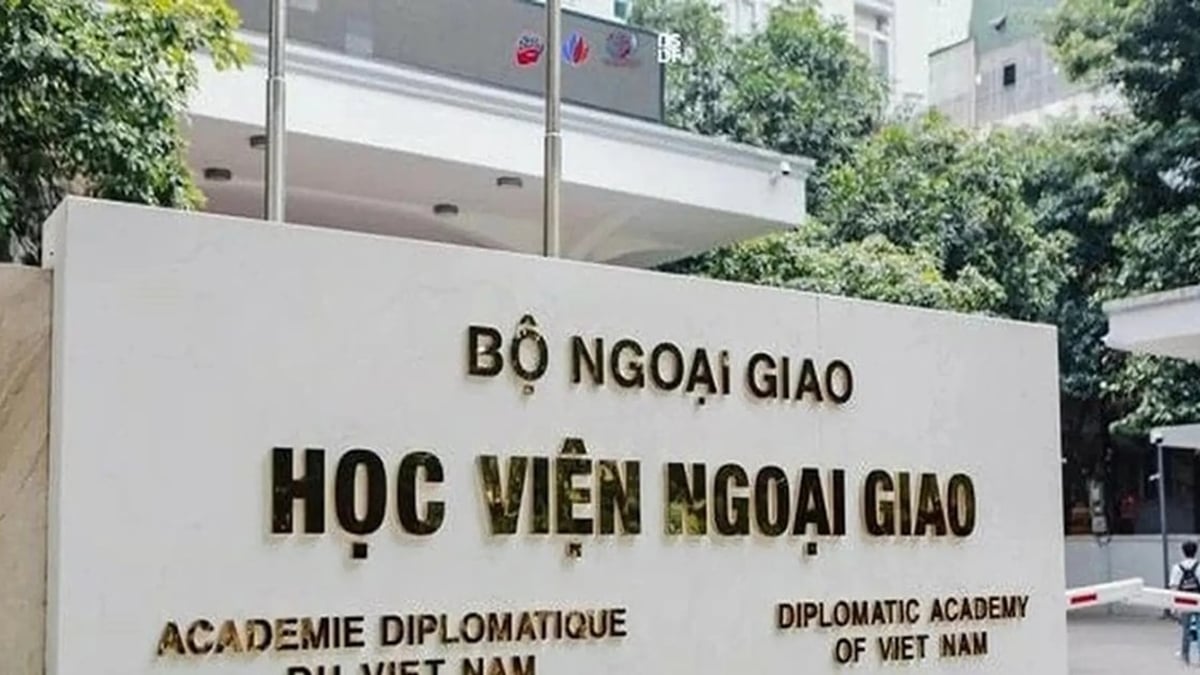

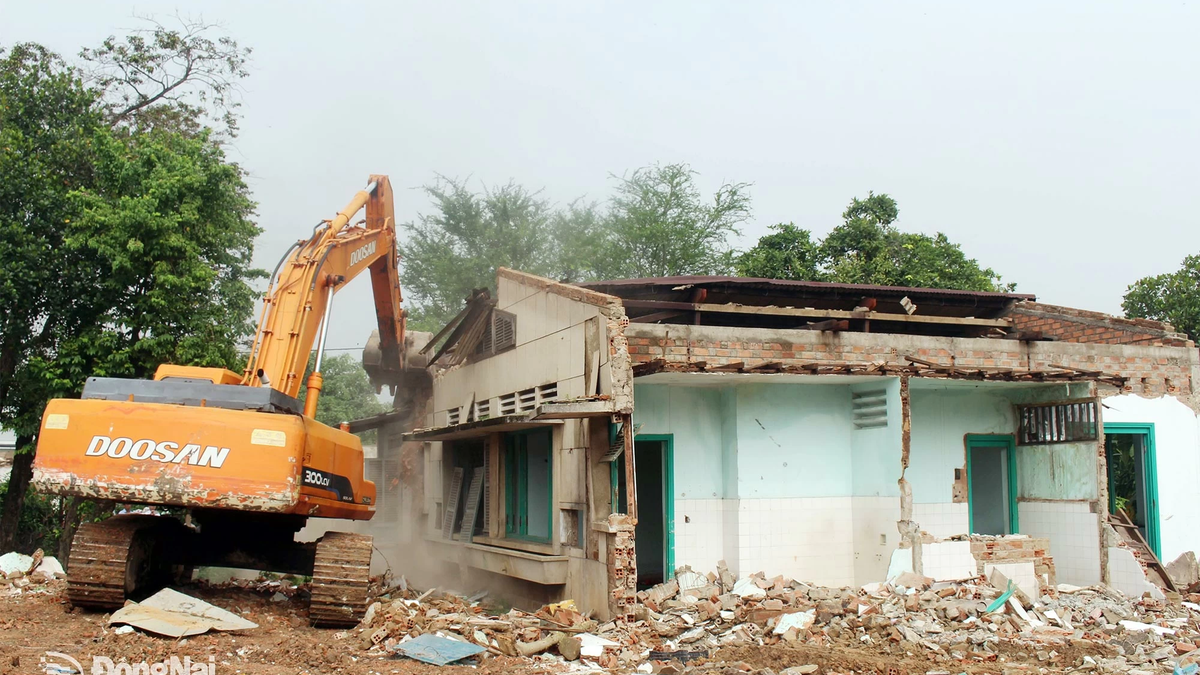





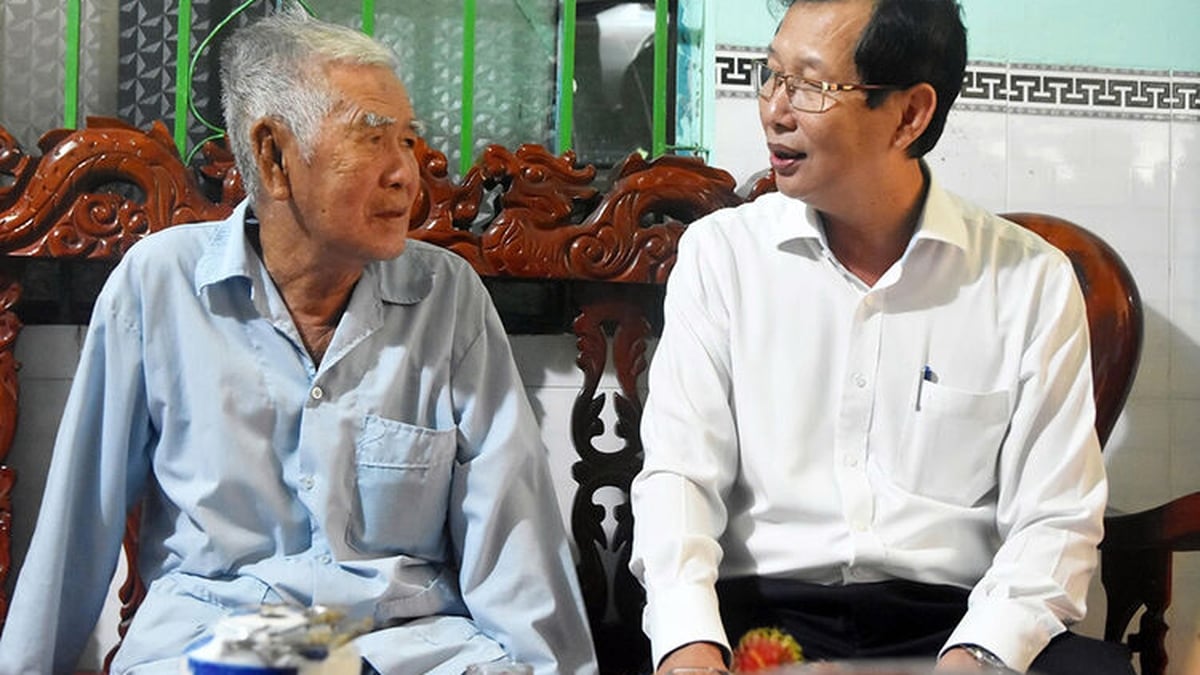
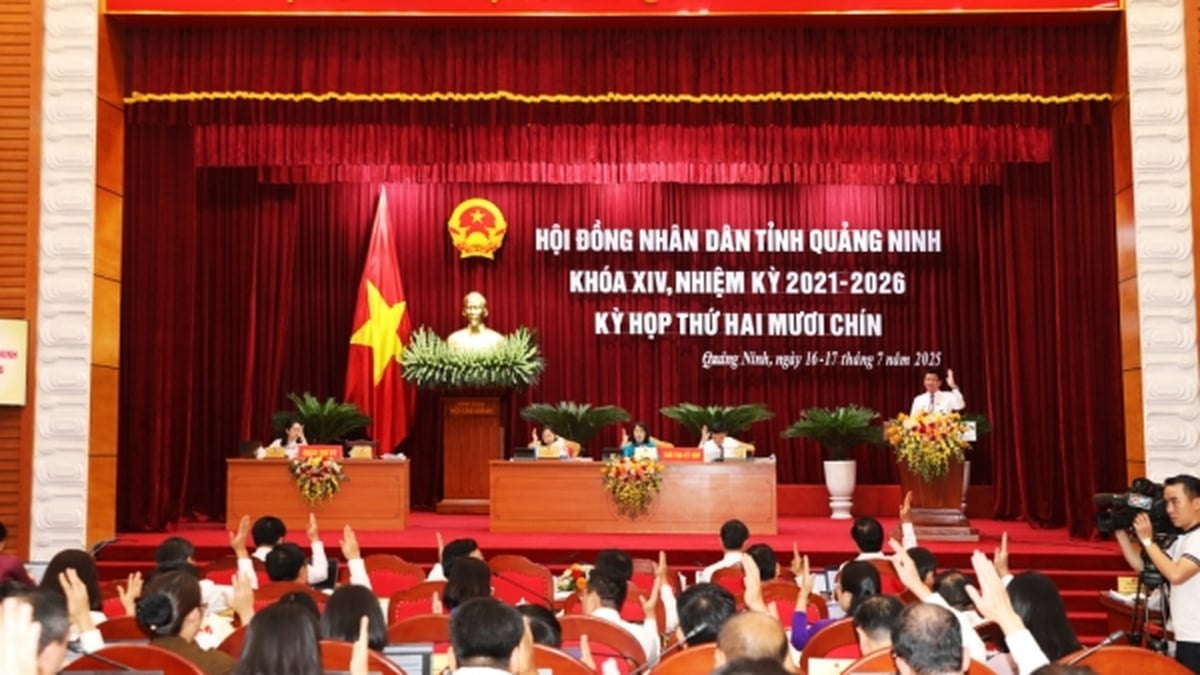












































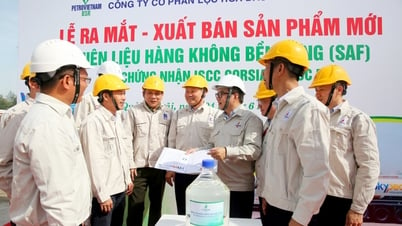





![[Maritime News] More than 80% of global container shipping capacity is in the hands of MSC and major shipping alliances](https://vphoto.vietnam.vn/thumb/402x226/vietnam/resource/IMAGE/2025/7/16/6b4d586c984b4cbf8c5680352b9eaeb0)









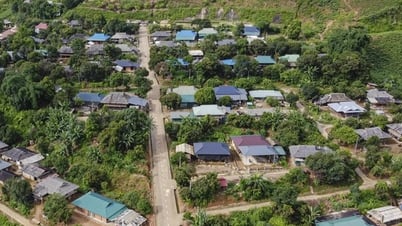



























Comment (0)